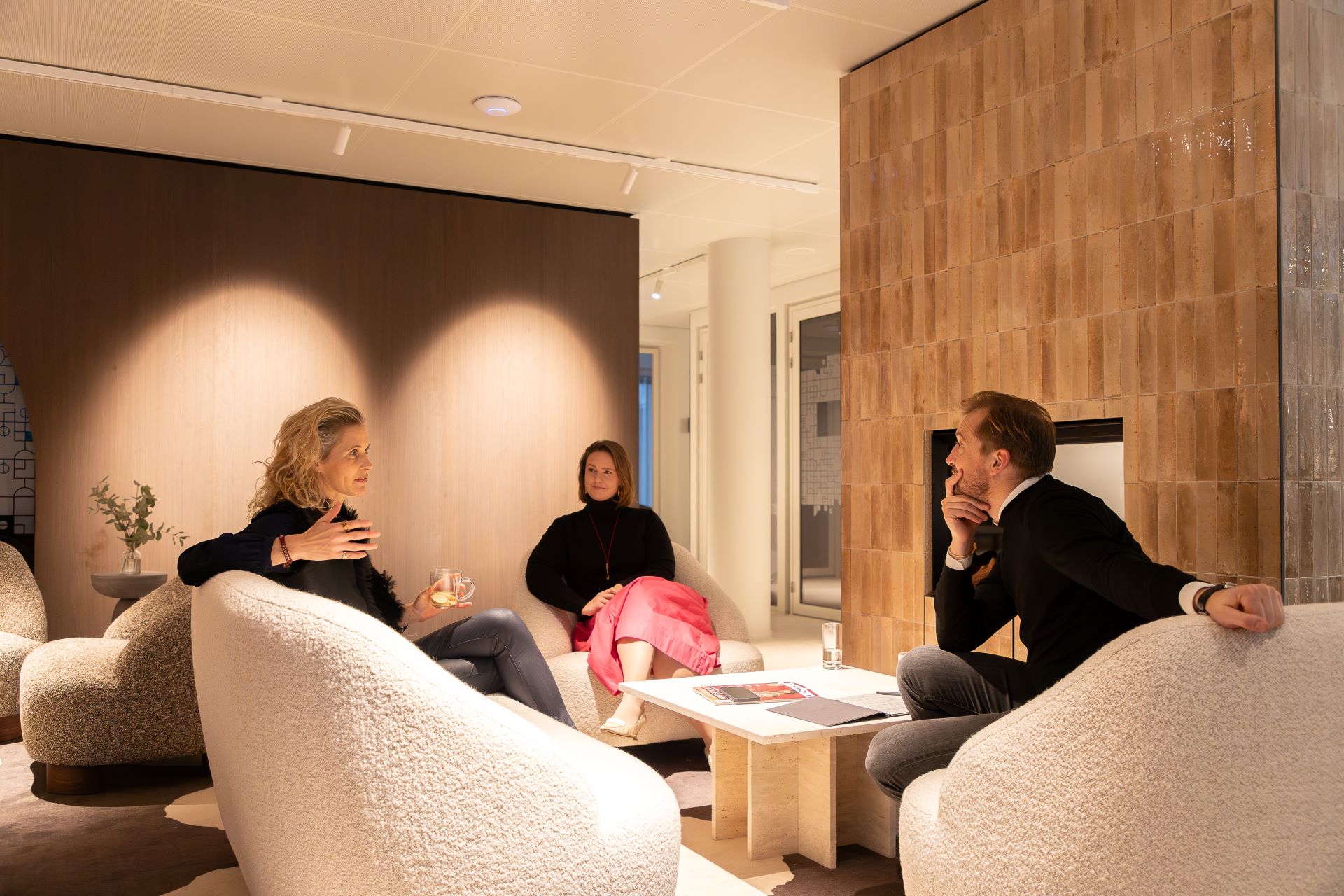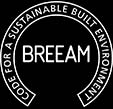How do we prevent burnout and chronic stress, and how do we ensure that work doesn’t drain us but instead energizes us?
Wellbeing experts Elyse Nijsse (Psychosocial Safety Specialist and founder of Unless) and Eva Elias (co-founder of Rituals, now co-creator of Mind Oasis) share their insights and experiences on workplace wellbeing, along with practical tips to help you feel good in the long run.
Elyse: “Wellbeing means being healthy and free from illness, but it also means being part of a thriving environment—something bigger than yourself. In a well-run organization, employees go home with the feeling that they have contributed to both the world and themselves. Paying attention to wellbeing can play a major role in this. Too often, it only becomes a topic of discussion after someone has already experienced burnout or is trying to reintegrate. But wellbeing should be a standard part of our work. Learning to handle stress better and discovering what gives you energy benefits everyone in the long run.”
Follow the standard
Eva: “I completely agree. Look, in our culture, ‘doing’ is the standard. We take pride in being busy. That’s fine, but let’s also be proud of our moments of complete relaxation. Simply doing nothing, truly pausing—even if just for a few minutes—is so important. In many companies, that’s still a taboo. You really have to dare to rest and fully relax. With Mind Oasis, we offer our guests exactly that: a place to completely unwind and experience what that does for you.”
Elyse “A leader who recognizes the importance of rest and relaxation can make a huge difference. The best boss I ever had, in Australia, never scheduled meetings in the mornings because that’s when the chances of good surfing weather were highest. And that was widely accepted—he always delivered, and we knew that a morning of surfing allowed him to bring out the best in himself afterward.
But he also gave us permission to take a mental health day every now and then, for example, to go for a quiet walk for a few hours. After a day like that, you’d come back to work feeling ten times more productive.”
“In a well-organized company, employees go home with the feeling that they have contributed to both the world and themselves.”
Lead by example
Eva: “Of course! It’s all about the output, not the hours you put in or where you work from, right? I think the younger generation is much more open to that. But the same goes for leaders: just do it. Show it. Lead by example. That’s how you help your people find a better balance. And when that happens, not only does the workplace become a better and more productive environment, but the whole world around it does too.”
Elyse: “Absolutely. Perhaps the most important advice I would give to every leader is: show your own vulnerability. It’s both inspiring and reassuring for your employees. It’s a huge eye-opener when people see that their leaders also experience stress or struggle with something—and that it’s okay. Chances are, they’ll learn to handle their own insecurities better as a result.
And if I may share a general tip: no matter what role you work in, do something difficult regularly—at least twice a week. This could be anything from a sport you’re not skilled at to reading a challenging book. As long as it’s truly difficult and unrelated to work, it counts.”
Eva: “That’s a great one. If I may add to that, my advice would also be to find out what truly helps you relax. For some, it’s meditation or yoga; for others, it’s cooking or taking a walk. Whatever it is—do it. Make it a regular part of your life and routines. Otherwise, it will get pushed aside by daily life, and you’ll never get around to it.
And one last practical tip: check in with yourself. Ask yourself regularly: how am I doing? What am I feeling? If you notice that you’re stressed, that your breathing is too fast, take a moment to sit down, place your hands on your belly, and breathe more slowly. Just a few minutes of rest—slowing down for a moment—can make a huge difference.”
Wellbeing tips
- Well-being should be a standard part of our work.
- Sometimes, just doing nothing at all.
- Taking a mental health day.
- Lead by example—actions inspire others.
- Show your own vulnerability.
- Discover what helps you relax.





